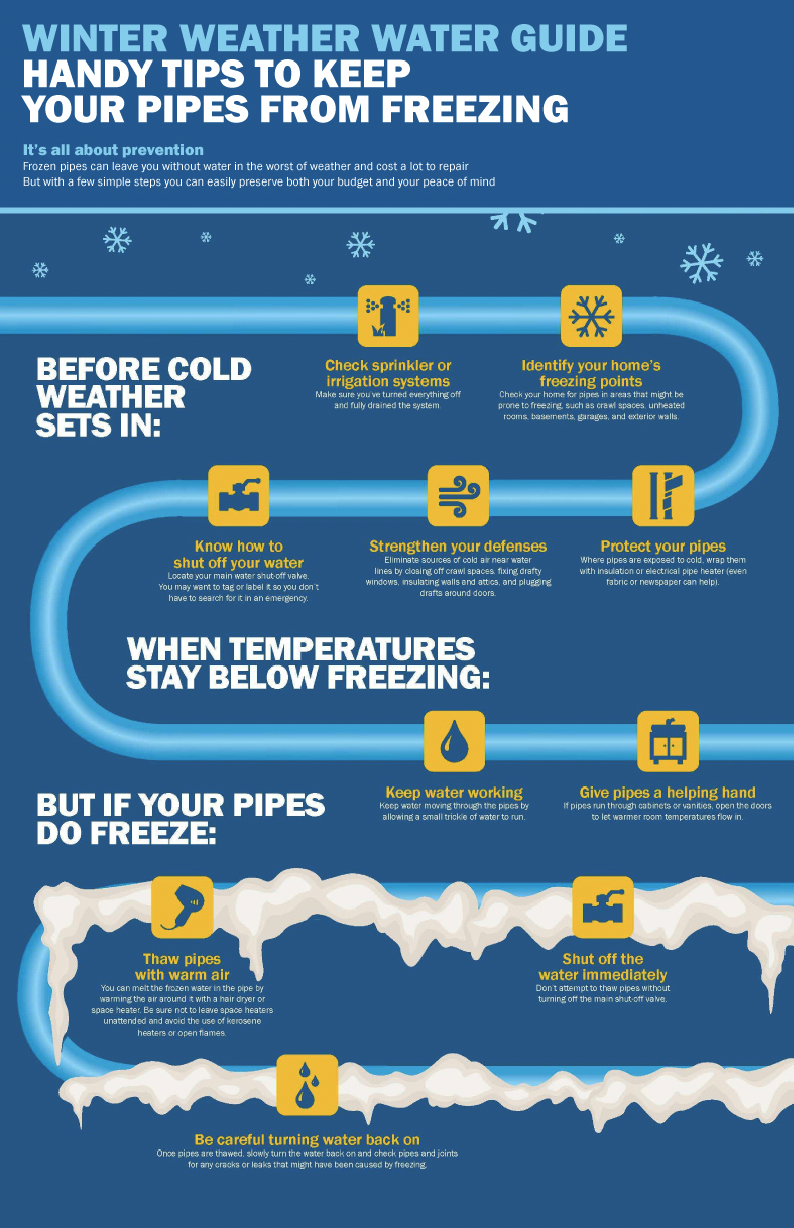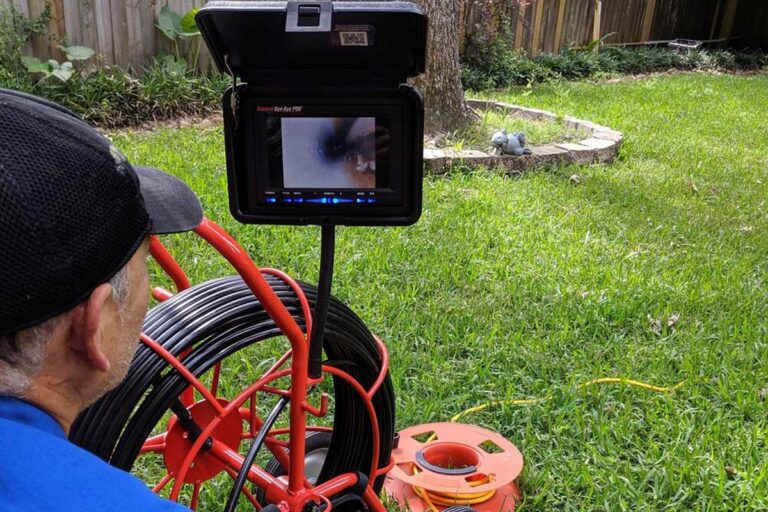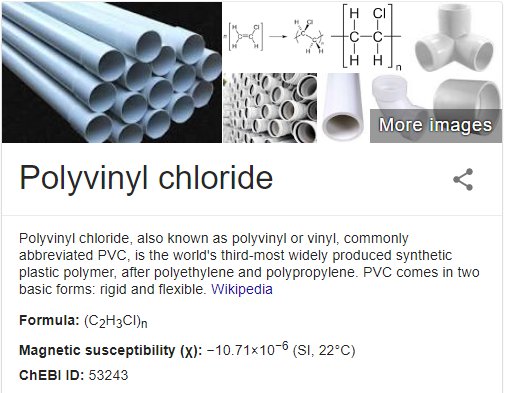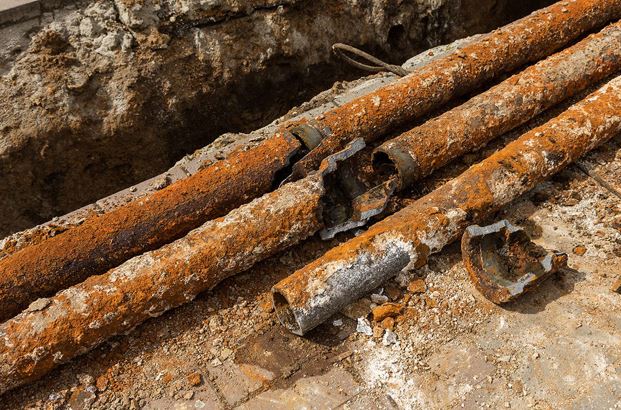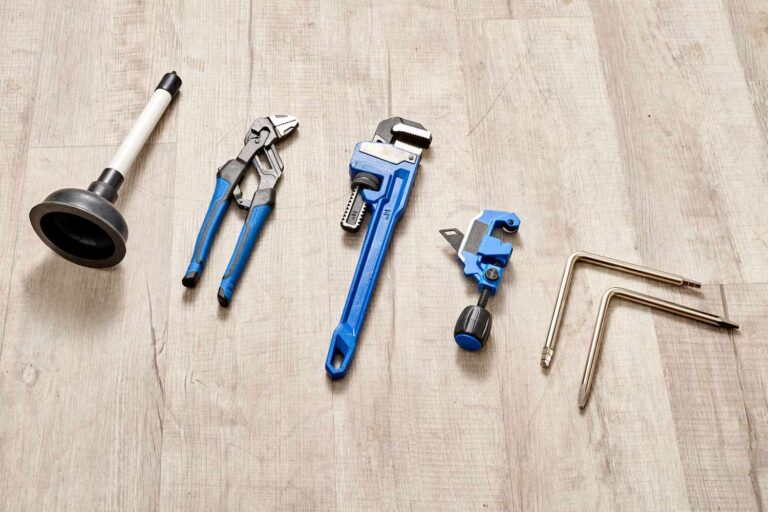Cold Weather Plumbing Tips
Cold weather can take a toll on your plumbing. As temperatures drop, pipes can freeze or burst, leading to costly and inconvenient damage. To ensure that your plumbing system is ready for the cold weather, there are a few tips and tricks that you can follow. These cold-weather plumbing tips will help you protect your home from the elements and keep your plumbing system running smoothly. From knowing the signs of frozen pipes to preparing your outdoor plumbing for the winter season, these tips will help you keep your plumbing system healthy and functioning all year long.
Preparing for Cold Weather
When winter arrives, it is important to be sure that your plumbing system is prepared for the cold weather. Plumbing systems are often vulnerable to freezing temperatures, which can cause damage to pipes and other components. To avoid costly repair bills and other issues, it is important to take steps to prepare your plumbing system for the cold weather.
First, it is important to winterize your outdoor plumbing fixtures. Check the hoses attached to your faucets and spigots, as these are prone to freezing and bursting. Disconnect and store them away for the season, and make sure the spigots are properly shut off. If you have an underground irrigation system, be sure to have it professionally winterized to avoid damage due to freezing.
Second, it is important to make sure your pipes are properly insulated. Check for any exposed areas where pipes are exposed to the outside air, and use insulation to protect them from freezing temperatures. Also, check your water heater and make sure it is properly insulated. If you have a tankless water heater, make sure to keep it serviced and maintained regularly.
Finally, if you are expecting extreme cold weather, be sure to let your faucets drip cold water to keep the pipes from freezing. Running hot water can help thaw frozen pipes, but be sure to use a hair dryer to avoid scalding.
By taking these steps, you can ensure that your plumbing system is prepared for the cold weather and avoid costly repairs due to freezing and bursting pipes.
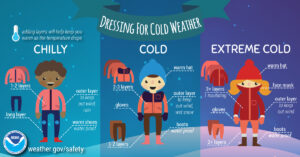
Insulating Pipes and Fixtures
As the temperatures drop, homeowners are often faced with issues related to their plumbing system. To prevent problems from developing, it is essential to take appropriate measures to insulate pipes and fixtures from the cold. Insulating pipes and fixtures can help to reduce the risk of damage due to freezing temperatures, and can also help to reduce energy costs.
When it comes to insulating pipes, several materials can be used, such as foam insulation, fiberglass, or even bubble wrap. The material used will depend on the type of pipe, as well as the amount of insulation required. Additionally, it is important to ensure that the insulation is installed properly, as improper installation could lead to leaks.
When it comes to fixtures such as toilets, bathtubs, and sinks, it is important to ensure that they are properly sealed to prevent cold air from entering the space. Additionally, it is important to check the sealant regularly to ensure that it is not cracked or otherwise compromised.
By taking the time to properly insulate pipes and fixtures, homeowners can help protect their plumbing system from the cold weather and avoid costly repairs. Additionally, proper insulation can help to reduce energy costs by reducing the amount of energy required to heat the home.
Maintaining Heating Systems
The winter months may bring cold weather, but they don’t have to bring an end to your comfort. Maintaining your home’s heating system is key to ensuring that you stay warm throughout the season. To keep your heating system running in tip-top shape, there are a few things you should do. First, make sure to get your heating system inspected annually by a professional. This will help detect any potential issues and allow for early detection and repair. Second, if you have a furnace, make sure to change the air filters regularly. Dirty air filters can reduce airflow and cause the system to work harder, resulting in higher energy bills. Finally, be sure to check for any visible signs of damage or wear and tear on the system, such as cracks, rust, or leaks. If you notice any of these, contact a professional right away. Following these tips will help keep your home warm and your energy bills low this winter.

Repairing Frozen Pipes
The winter season can bring a host of plumbing problems, especially when it comes to frozen pipes. When temperatures drop, water pipes in exposed areas such as crawl spaces and attics can easily succumb to freezing, leading to cracks or even bursting. Fortunately, there are steps you can take to mitigate the risks of frozen pipes or repair those that have already frozen. Here are some cold-weather plumbing tips to help you protect your pipes from freezing and repair them if they do.
First, make sure to keep areas around exposed pipes insulated. This is especially important for pipes in attic and crawl spaces, as these are usually the most vulnerable to freezing. You can also wrap exposed pipes with electrical heating tape to provide extra protection. If your pipes have already frozen, you can try thawing them with a hair dryer, heat lamp, or space heater. Alternatively, you can turn up the heat in your home and wait for the water to thaw out. However, if the pipe has cracked or burst due to the freezing, you will need to call a professional plumber to repair it.
By following these tips, you can protect your pipes from freezing and repair them if they do. If you have any questions about your plumbing system, don’t hesitate to contact a professional.
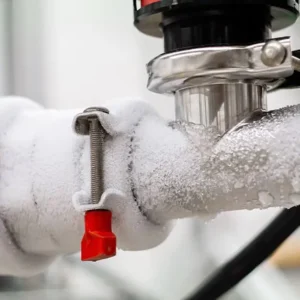
Preventing Frozen Pipes
As the seasons start to change, it’s important to take the necessary precautions to protect your plumbing system against the cold weather. Frozen pipes can cause a tremendous amount of damage to your home and can be very costly to repair. To reduce the risk of frozen pipes, it’s important to take preventative measures such as making sure your pipes are properly insulated and that your home is heated to a temperature above freezing.
It’s also a good idea to check the temperature of your pipes regularly, particularly if you live in an area that experiences extremely cold temperatures. If the temperature of your pipes drops to 32 degrees Fahrenheit or below, it’s time to take action. You can start by insulating the pipes with foam insulation and wrapping them in heat tape. Additionally, it’s important to keep your home heated, even when you’re away, to prevent your pipes from freezing.
Finally, it’s important to make sure your home is well-ventilated, particularly in areas where pipes may be exposed to cold air. Make sure that any vents or openings that can allow cold air to enter your home are properly sealed and that windows and doors are closed tightly. By following these tips, you can help protect your home and prevent costly damage from frozen pipes.
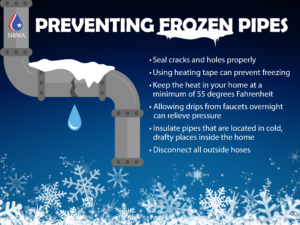
Troubleshooting Common Cold Weather Plumbing Issues
The winter season can bring about a variety of plumbing issues due to the cold temperatures. From frozen pipes to icy drain lines, you should be aware of the possible problems that come along with cold weather. To help prevent any costly repairs, here are some tips for troubleshooting common cold-weather plumbing issues.
Start by checking the pipes in your home for insulation. Insulated pipes are better able to withstand cold temperatures and are less likely to freeze. If your pipes are not insulated, wrap them with foam insulation or heat tape to help protect them from cold temperatures.
Next, check for leaks in your plumbing system. Leaking pipes can lead to freezing temperatures, which can cause serious damage to your plumbing system. If you find any leaks, repair them as soon as possible to prevent further damage.
Lastly, make sure to keep your water heater well-maintained. Cold weather can cause water heaters to work less efficiently, so it is important to check the temperature of the water in your home to make sure it is not too cold. If the water is too cold, increase the temperature on the thermostat.
By following these tips and taking the necessary precautions, you can help prevent common cold weather plumbing issues in your home. Taking the time to troubleshoot any potential plumbing issues can save you from costly repairs and help keep your home running smoothly throughout the winter.
FAQs About the Cold Weather Plumbing Tips
Q1: What should I do to protect my pipes from freezing in cold weather?
A1: One of the best ways to protect your pipes from freezing in cold weather is to insulate them. Make sure to use insulation specifically designed for pipes, such as foam pipe insulation. Additionally, make sure to seal any cracks or openings in your walls or floors near pipes to prevent cold air from getting in.
Q2: Is it necessary to turn off my outdoor faucets in cold weather?
A2: Yes, it is important to turn off your outdoor faucets during cold weather. This will prevent your pipes from freezing and potentially bursting. Additionally, you should disconnect and drain any hoses connected to the faucet and store them away until the weather warms up.
Q3: What should I do if my pipes freeze?
A3: If you discover that your pipes have frozen, you should turn off the water supply and call a professional plumber immediately. Do not attempt to thaw the pipes yourself as this can cause further damage. A professional plumber will be able to safely and effectively thaw the pipes and make any necessary repairs.
Conclusion
Cold weather can be hard on plumbing, but there are steps you can take to protect your plumbing from the elements. Start by insulating exposed pipes, so they don’t freeze and burst. Install pipe wraps and heat tape to ensure your pipes are well-protected. If you have an outdoor hose, be sure to store it inside or turn off the water supply. Additionally, keep your thermostat set to a consistent temperature. Following these tips will help keep your plumbing safe and functioning during the cold winter months.

